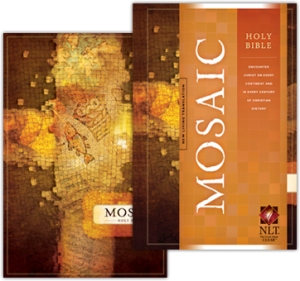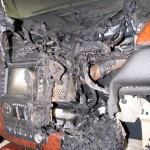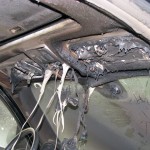The passage of Scripture I am sharing is featured this week in the NLT version of Tyndale’s new Bible called, Holy Bible: Mosaic. Weekly meditations, placed in the beginning of the publication before the Scriptures, take the reader through the seasons of the Christian calendar year, starting at Advent. This year Advent starts on November 29, and lasts four weeks.
A passage I will call you to reflect on today is written by church father, Paul. In this portion he offers the church in the city of Corinth words of hope concerning the Reality of their situation, despite the troubling circumstances, and internal strife. He clears through the smog of human weakness to reveal the power of God, and the strength and hope that resides in having confidence in the message, promises, and Spirit from God that have already transformed them.
If you are struggling this season, take hope in the God who is everywhere always, who wants the best for you, who will not give up on you, or stop his transforming work in you. Have hope beyond your troubles, and place that hope outside yourself, in One who will be faithful, and carry you through to the end.
(thank you to biblegateway.com for Scripture version: link included)
1 Corinthians 1:4-9
View commentary related to this passage
Paul Gives Thanks to God
I Corinthians 1:4-9
“4 I always thank my God for you and for the gracious gifts he has given you, now that you belong to Christ Jesus. 5 Through him, God has enriched your church in every way—with all of your eloquent words and all of your knowledge. 6 This confirms that what I told you about Christ is true. 7 Now you have every spiritual gift you need as you eagerly wait for the return of our Lord Jesus Christ. 8 He will keep you strong to the end so that you will be free from all blame on the day when our Lord Jesus Christ returns. 9 God will do this, for he is faithful to do what he says, and he has invited you into partnership with his Son, Jesus Christ our Lord.”
(emphasis mine)
Friend, concentrate please on verses 7-9 especially, and take in the hope offered here. This hope isn’t just for the Christmas season, but for all year long, and all life long.
I invite you-right now-t0 re-read the passage slowly, roll it over in your mind and heart, and then pray to God about it, or some portion or aspect that personally connects with you. Then, please share one or more of your reflections, thoughts, or feelings.
Thank you.
Blessings to you this season.






